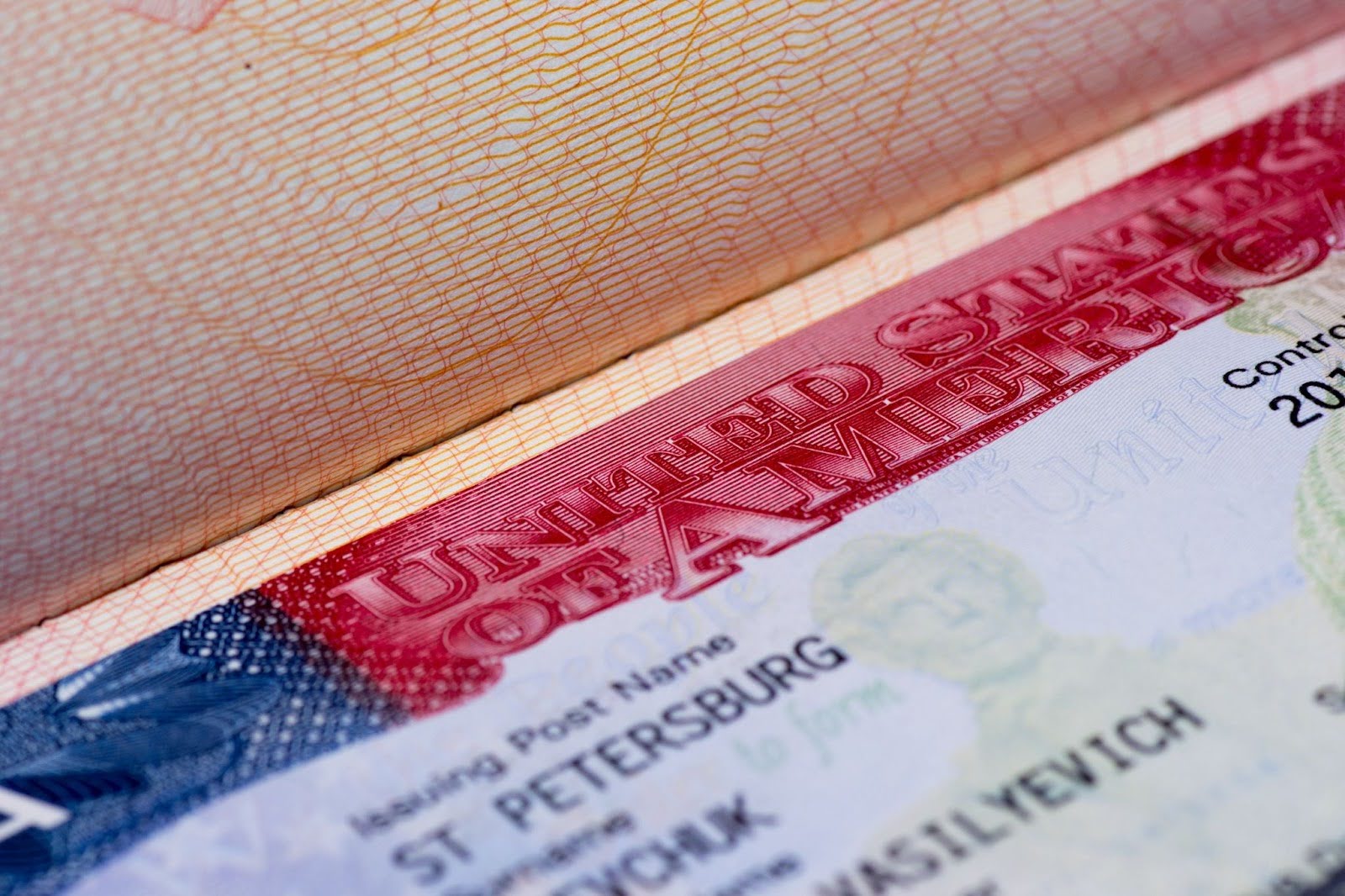The United States is embarking on a transformative shift in its visa issuance process, aiming to replace traditional passport sticker visas with a more modern, digital format known as Digital Visa Authorizations (DVAs). This transition, however, is slated to unfold gradually, with authorities estimating a timeline of over 18 months for full implementation.

The initial phase of this groundbreaking transition took place in Ireland, where the US conducted a small-scale pilot program. Julie M. Stufft, the Deputy Assistant Secretary for Visa Services in the Bureau of Consular Affairs, enthusiastically confirmed the triumph of this experimental phase. The program, focused on substituting conventional visas with digital alternatives, has yielded promising results.
She highlighted the significance of this milestone, emphasizing that immigrant visas were successfully processed without the need for physical visa stickers in passports. This marks the first substantial step toward a future where individuals will showcase their visa status via dedicated applications or similar digital platforms instead of relying on physical endorsements in passports.
According to Stufft, the broader implementation of digital visas across the board is anticipated to span approximately 18 months or potentially longer. Despite this shift, the core visa application procedures and associated fees will remain unchanged. Notably, visa interviews will continue to be mandatory for specific categories of applicants.
The innovation in visa processing is poised to streamline operations significantly. It eliminates the need for physically shipping secure visa foils to US posts worldwide, representing a modernized approach that fosters seamless communication between airlines, ports of entry at airports, and the State Department.
Following the successful pilot in Ireland, the State Department’s Bureau of Consular Affairs announced plans to extend the issuance of DVAs to encompass various other US visa categories. This expansion is part of a larger initiative to revolutionize the way visas are processed and authenticated, emphasizing the shift toward digitalization for enhanced efficiency and security.
This monumental move by the US mirrors the European Union's parallel efforts in modernizing visa systems. The EU's Schengen states are also on a trajectory to overhaul their visa application processes by introducing online applications and replacing traditional sticker visas with QR codes. The EU's projected timeline for introducing online Schengen visa applications stands at 2026.
The strategic embrace of digital visas represents a progressive leap toward a more efficient, secure, and digitally-driven visa issuance system, positioning the US in alignment with global trends shaping the future of travel and documentation.
Digital Visa Authorizations (DVAs) are the future of US visa documentation, replacing traditional passport sticker visas. They involve a digital format accessible via dedicated applications or similar platforms, allowing individuals to display their visa status without relying on physical endorsements in passports.
The pilot program conducted in Ireland to test the viability of DVAs was deemed highly successful. Immigrant visas were processed without physical paper visas in passports, marking a significant step toward a digital visa future.
Authorities estimate that the complete implementation of digital visas across all visa categories may take approximately 18 months or longer. This transition aims to streamline visa processes while maintaining existing application procedures and fees.
The core visa application process and associated fees will remain unchanged. Visa interviews will still be mandatory for specific applicant categories despite the shift to digital visas.
Transitioning to digital visas eliminates the need to physically ship secure visa foils to US posts worldwide. This modernized approach fosters seamless communication between various entities involved in visa processing, enhancing efficiency and security.